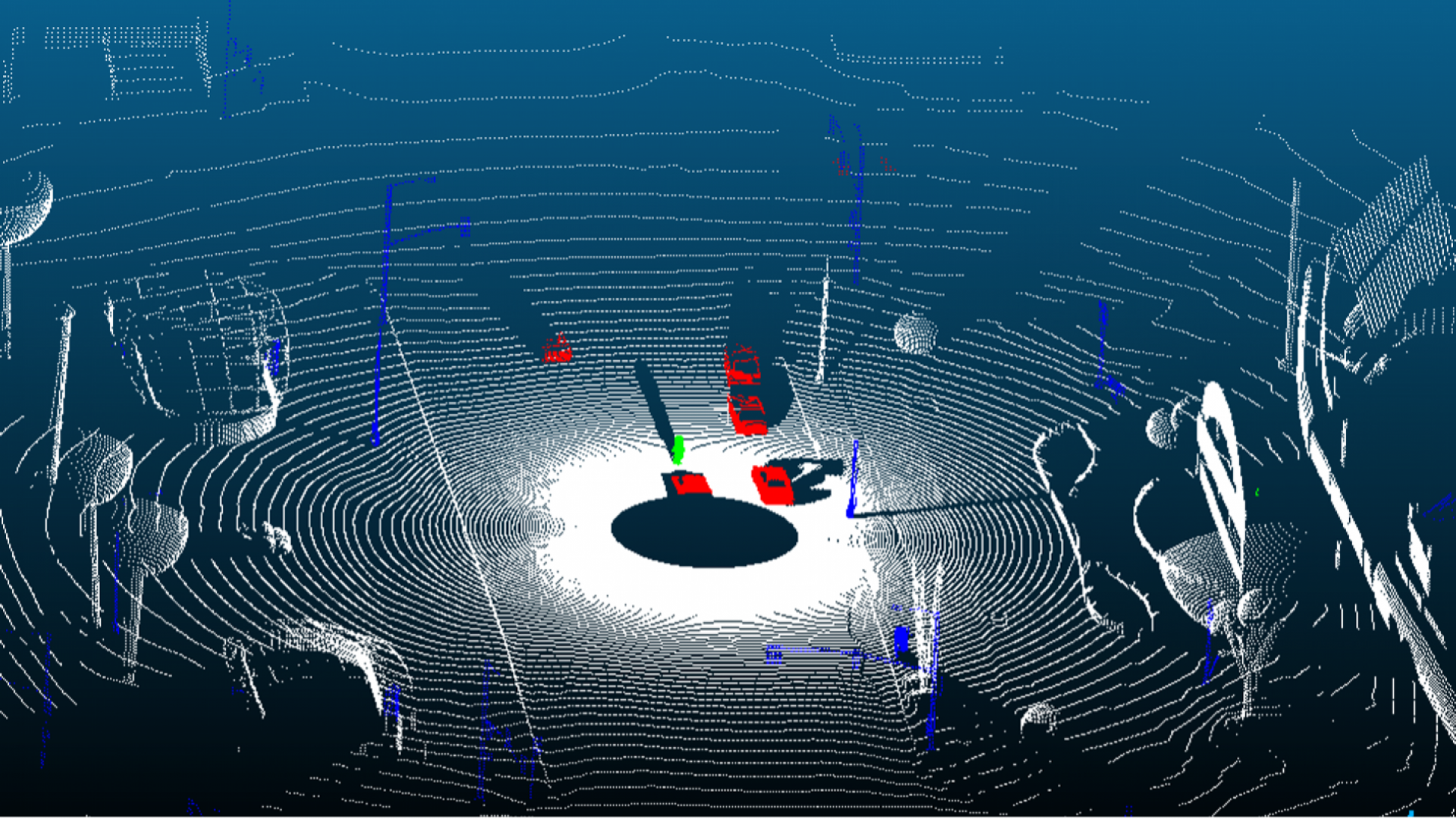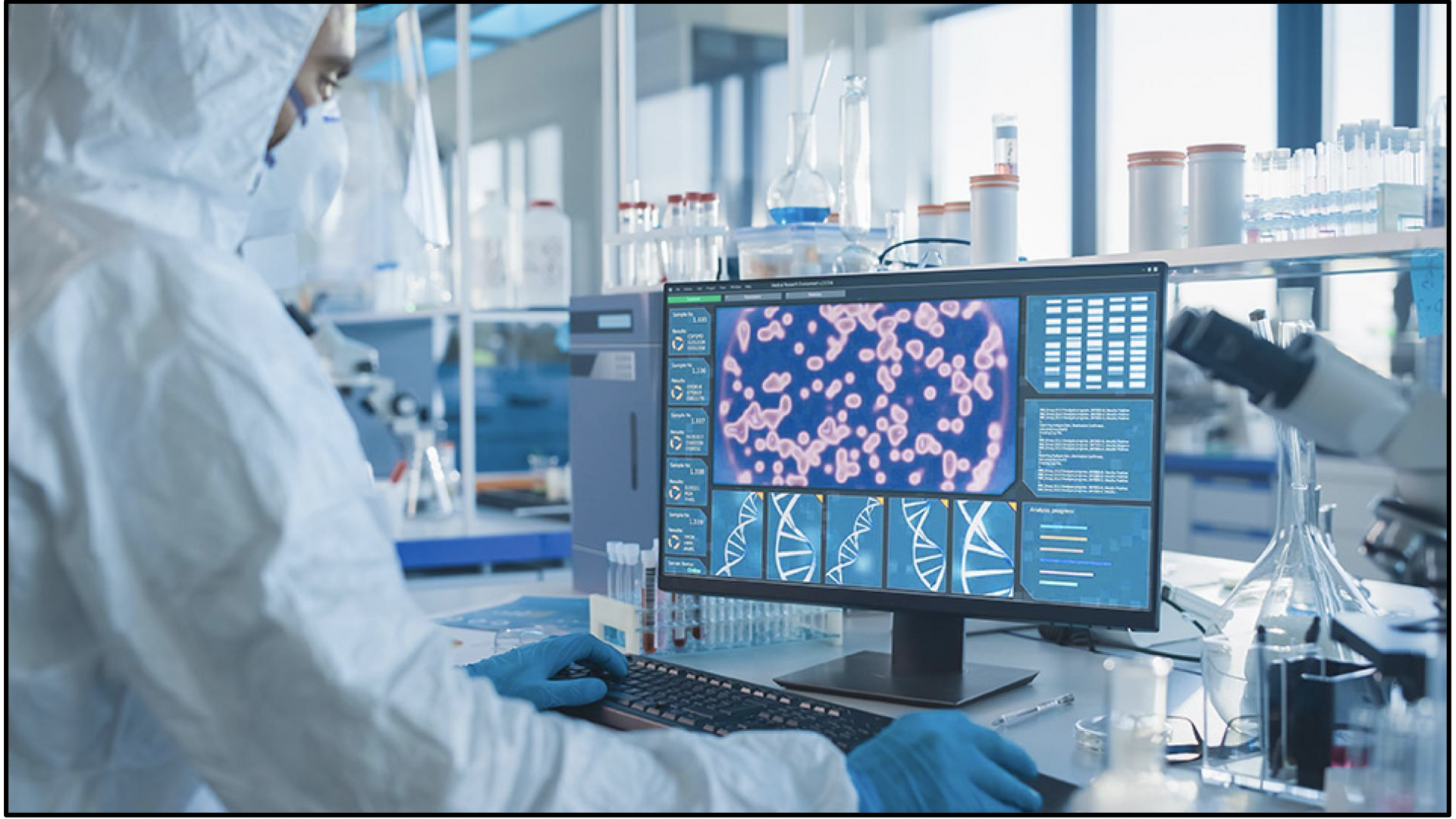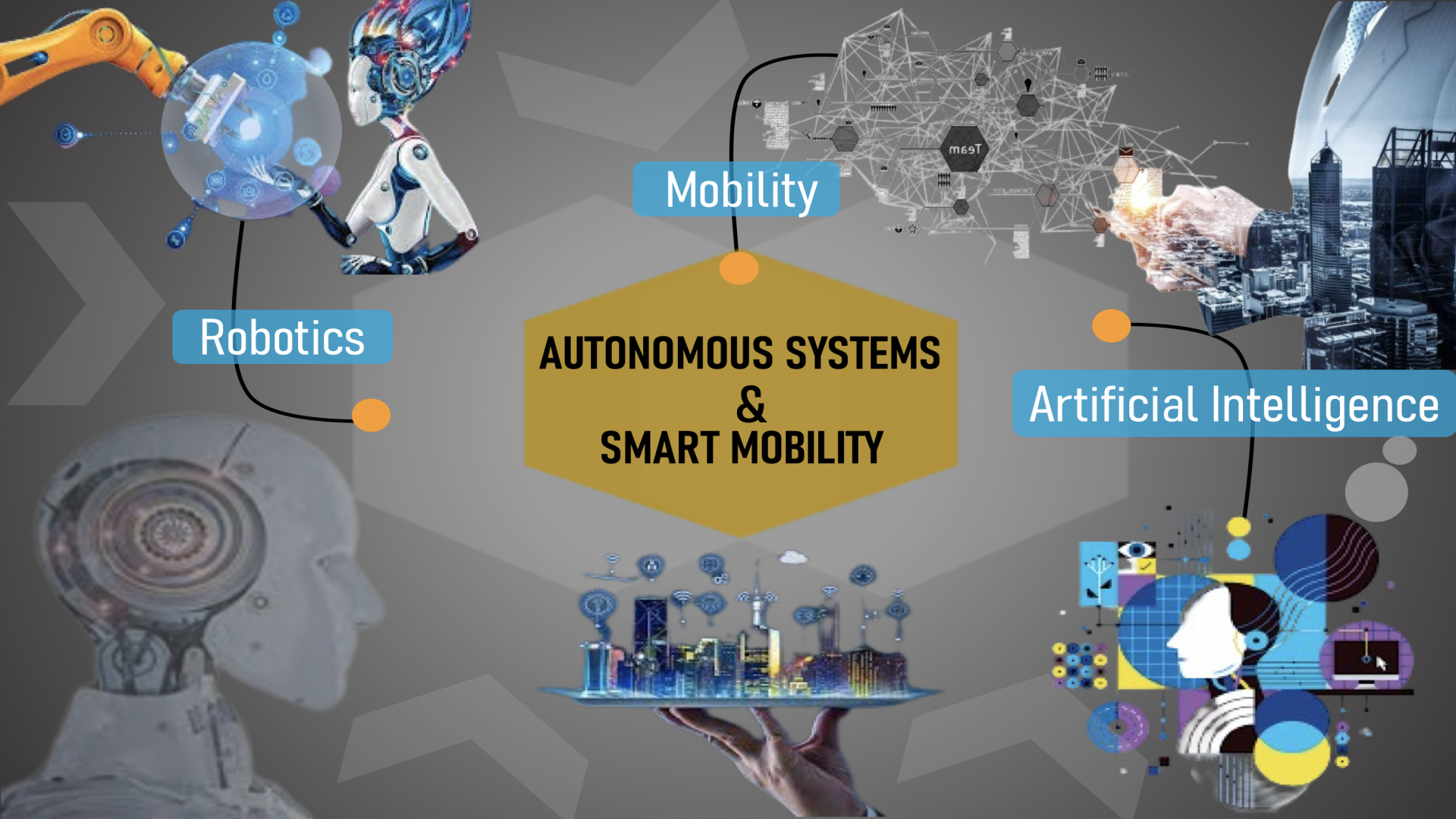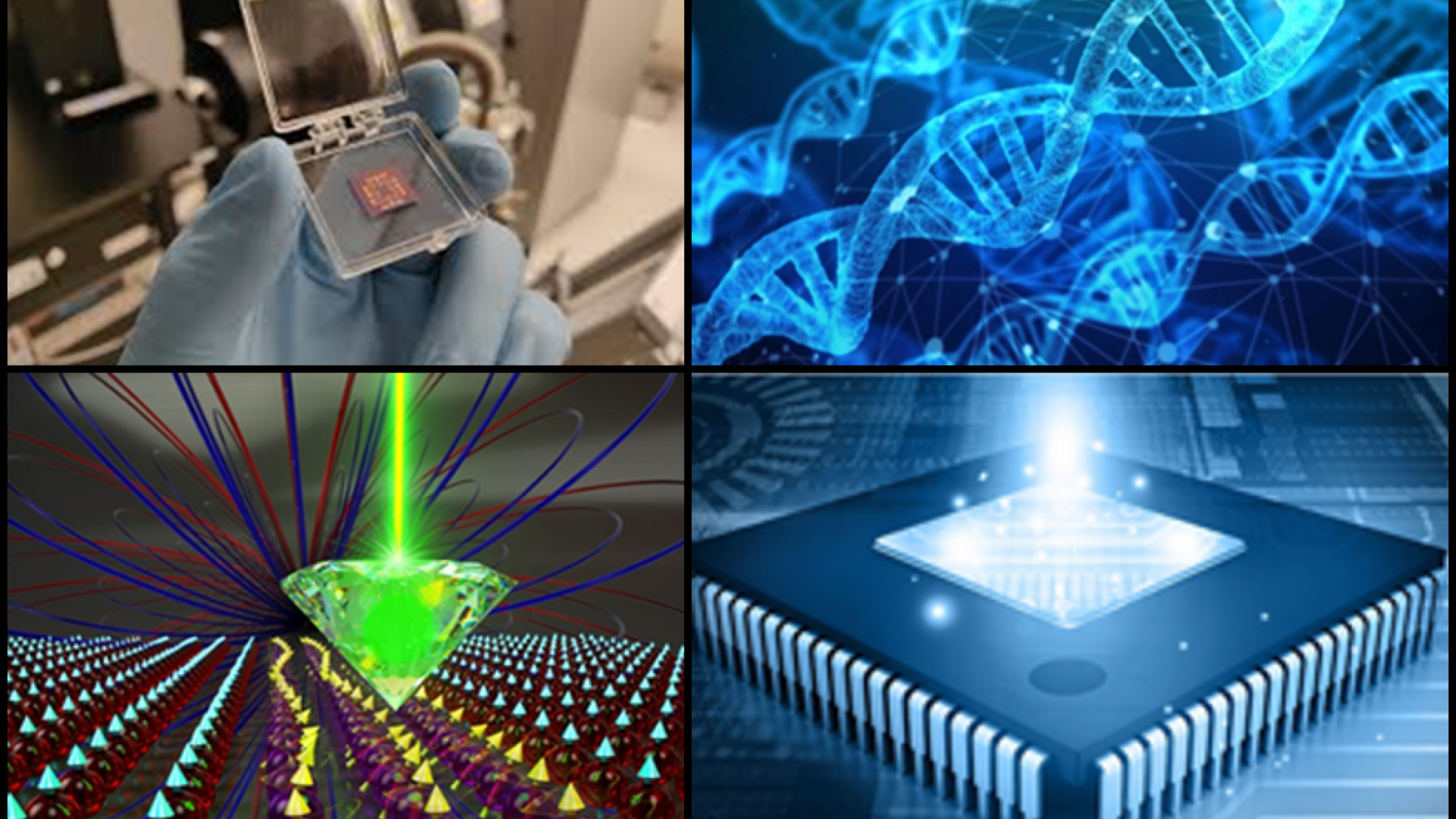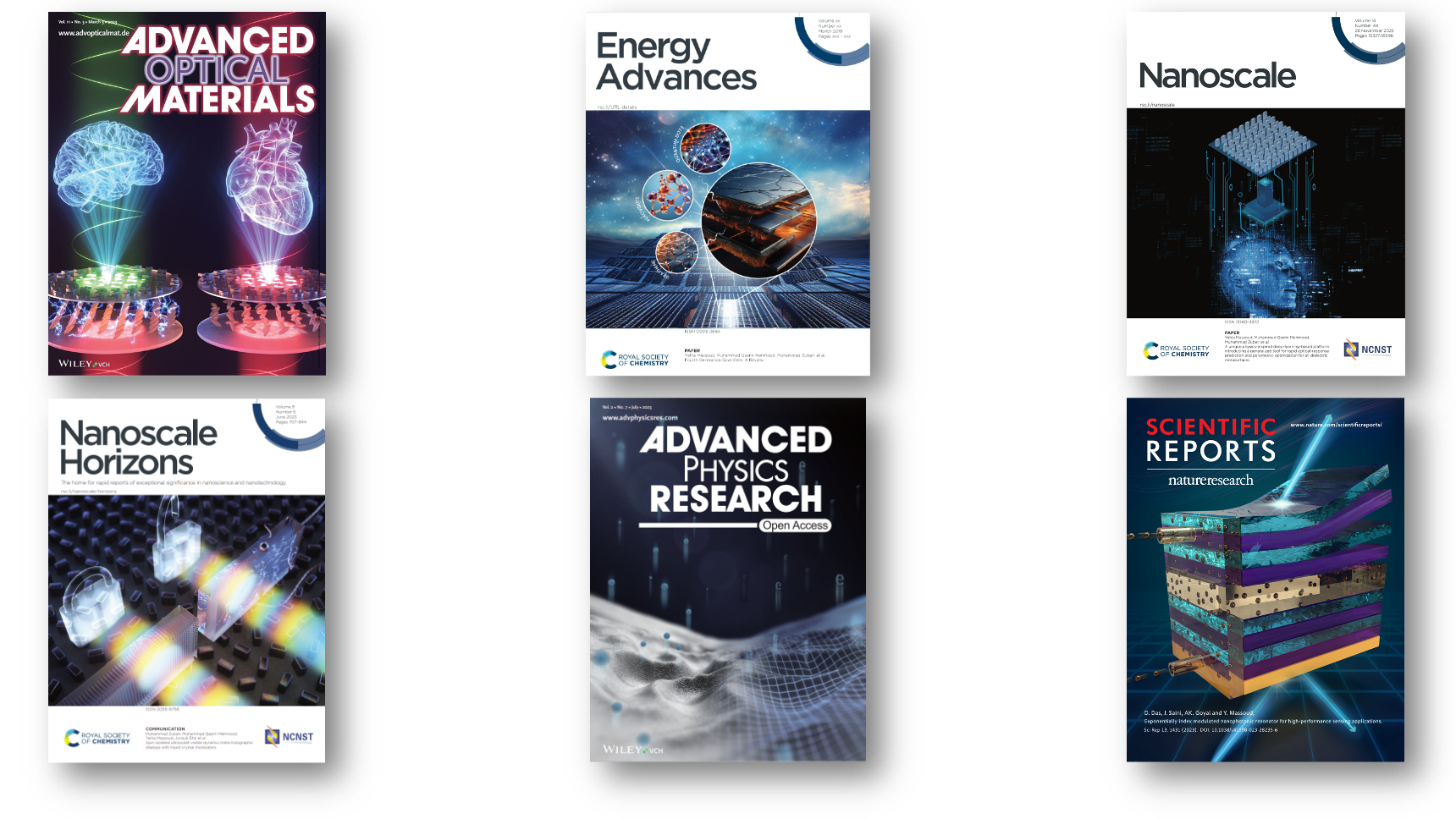
Enabling Technologies for Futuristic Smart Cities
ITL's research spans over multi-faceted enabling technologies for futuristic smart cities. ITL team focuses on smart infrastructure to enhance urban mobility through connected vehicles and IoT technologies, aiming for safer and more efficient transportation systems. In the realm of smart energy systems, ITL explores sustainable energy solutions, including solar technologies and advanced materials, to create cleaner and integrated energy infrastructures for cities. ITL also pioneers novel photovoltaic technologies, using nanomaterials and photonics to improve building energy efficiency. Additionally, ITL works on self-cleaning materials for photovoltaic applications, reducing maintenance costs and ensuring long-term solar cell efficiency. Overall, ITL's research contributes to the development of smarter, more sustainable cities for the future. More details are here.
AI for Biological Systems
According to United Nations Sustainable Development Goals (UN SDGs), ensuring healthy lives and promoting well-being at all ages is essential to sustainable development. Moreover, the KSA vision 2030’s ‘Health Sector Transformation Program’ focuses on boosting public health and disease prevention. ITL focuses on development of artificial intelligence (AI)-enabled health solutions to address these challenges. Some representative works include automated blood cell counting and classification using deep learning, microwave imaging for stroke detection in portable settings, AI-enabled brain-computer interface for activity monitoring, and a social IoT-driven pedestrian routing approach during epidemic time. More details are here.
Autonomous Systems & Smart Mobility
As the world’s urban population rapidly grows, cities all over the world are experiencing severe traffic congestion. Traffic congestion causes widespread socioeconomic and environmental issues for cities. In addition to the rapid growth of the number of vehicles on the road, unexpected roadway conditions caused by roadside construction/maintenance, car accidents, asynchronous traffic signals, changes in driver behavior, among other factors also cause the traffic congestion in urban areas. To address these issues, the key focus of ITL research includes natural language processing (NLP) for intelligent transportation systems, machine learning for IoT service discovery, and smart infrastructure for futuristic cities. More details are here.
Intelligent Photonic and Spintronic Materials
ITL is working on design and development of artificially engineered materials for a broad range of promising areas like renewable energy harvesting, autonomous diagnostics solutions for healthcare, next-generation holographic displays, and bio-sensing. We also focus on intelligent optimization tools for efficiently designing nano-devices. The focus areas include intelligent nanophotonics, next-generation holographic displays, customized smart bio-imaging & sensing, and reconfigurable intelligent surfaces for next-generation networks. ITL also focuses on a wide range of spintronics-related fields including magnetic materials, spintronics theory, spin-based devices, circuits utilizing the spin, novel architecture and algorithms, understanding the computing principle and finally the fabrication of such devices. More details are here.
